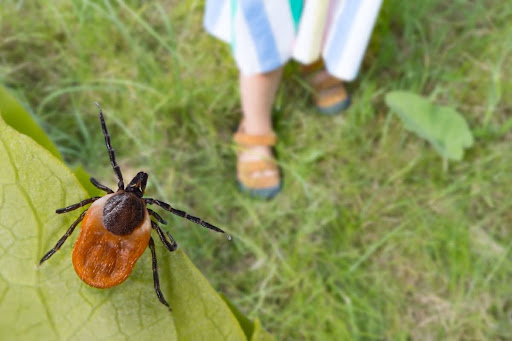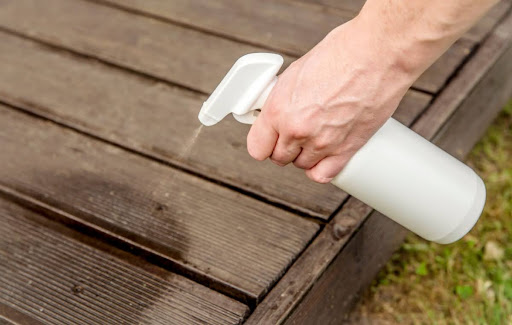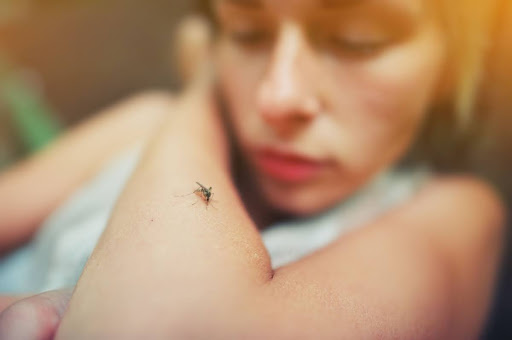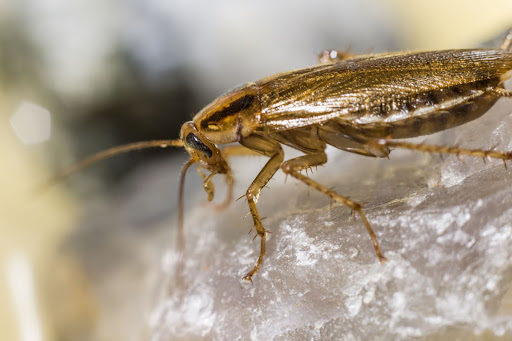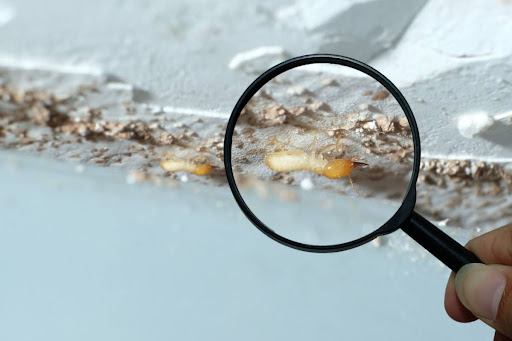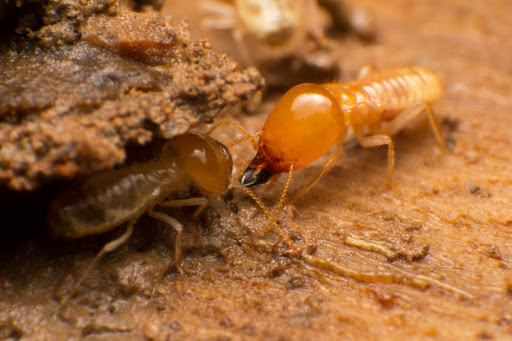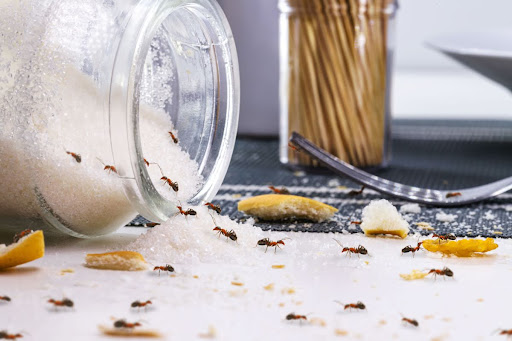Pest invasions can turn your home into an uncomfortable place for both humans and pets. Particularly prevalent among these pests are fleas and ticks, each bringing their unique set of problems. While they may seem similar at a glance, understanding the differences between these tiny invaders is crucial for effective control. […]
How to Tell the Difference Between Fleas and Ticks
